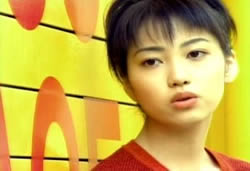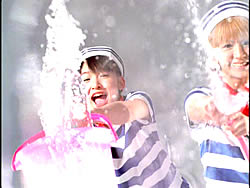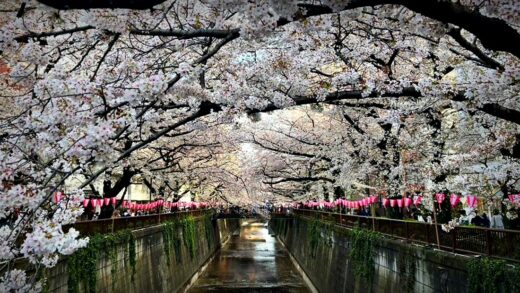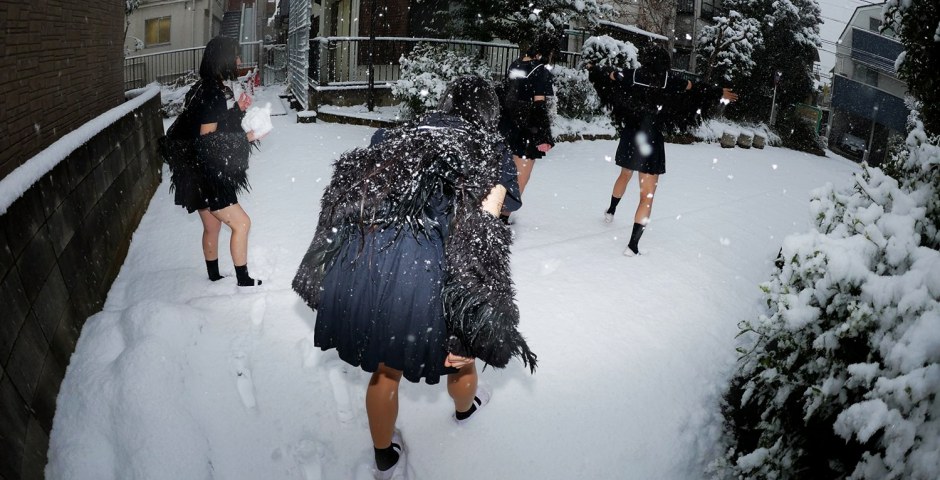Sing a Song but from which side of the decade?
Call me a loyalist, or just call me old (if we’re going by Morning Musume timelines) but is it just me, or has some of the magic been exhausted from the quality of their music or perhaps a change in the sound of J-pop in general?
Not that change is a bad thing; the music industry by and large has always been good at evolving with the times. Would we have it any other way? After all, who wants carbon copies? I believe Morning Musume have always done well at sounding. In fashion at the right times within the mainstream consensus. But recently their latest material hasn’t really sat that well with me.
Good old days. Where were you?
Though I can’t admit that I was there in 1997 to support the band’s conception, it’s the early years and certainly the middle ages of Musume history (4th and 5th generations especially) that I feel closer ties to. Maybe it’s because I’m 20 and I just instinctively feel more of a connection with the then current members. But I know this much; a big factor was my fondness for the songs. You could argue that vocally, the group’s debut album was cast wrongly i.e. the members at the time sang the wrong parts. Or perhaps you take the view that the band was rushed together to record and were still yet to master how to sing with each other or find their ideal range.

For example Morning Coffee in parts sounded slightly off, or small tonality issues could be found here and there but this is just knit-picking. The fact is the big songs on that record were well written and composed. Ai No Tane sounded perfect and for me managed to capture both the warm traditions of mainstream J-pop and Japan in general at that time. Standout tracks such as Morning Coffee, Ai no Tane, Usotsuki Anta and Yume no Naka gave a good composition of what the band could do and what they were capable of.
Good old days. . . continued
For me though it wasn’t until Love Machine hit our television screens that Morning Musume really felt comfortable as a J-pop group. A real sense of confidence was born and could be seen through the energy of not only their songs, but also the PV’s to match. . . PV’s which were finally able to become high priority resulting in a big injection in production values.

And when I watched the PV for The Peace it was then I realised Morning Musume weren’t making songs anymore, they were making events. Their music videos had a positive and infectious energy (the amount of dance routine Imitations I’ve seen for Renai Revolution). Choruses hooked us like crazy too. I personally found myself singing As for One day out loud in my shower many times. It was this combination that made their sound feel invincible.
Recent Musume
Then I remember listening to the Rainbow 7 album and I have to say, I was a little disappointed. Not that it’s bad or my opinion counts to some of you (when discussing we all get subjective don’t we?) but it felt like something was missing. The energy was still there, Iroppoi Jirettai still managed to sound exciting and the build up to the chorus and the chorus itself is certainly contagious. However it was like all their energy had nowhere to go on the album, no real definite direction. Rainbow 7 sounded very busy but ultimately non-productive.
Saying that, some of the songs around that time still caught my attention. Namida ga Tomarani Houkago was a good song staying faithful to the ancestry of classic J-pop. I remember allowing the single to run into the instrumental version. You can’t help but feel the quality of the mid-80’s to mid-90’s era of Japanese music playing in your head, and I think that’s a good quality to have. Ai Araba IT’S ALRIGHT was also another single that I really enjoyed. A few good B-sides to singles such as Watashi ga Tsuuiteru from Ambitious! Yashinteki de Ii Jan and Nebou Desu. Dante na no ni from Namida ga Tomarani Houkago were good enough to be A-sides to.I also can’t help but feel Morning Musume loosing their Japanese roots just a little, though their sound is still Japanese something certainly feels more westernised. And I think that this goes for J-pop in general, though I’m being very broad, J-pop is still individual and native to its origins.

Is it because Morning Musume is a continuous musical unit, that it’s created a generation gap? Maybe this is a factor. It’s not that I hate present day Morning Musume music, definitely not. I just don’t find their records as memorable as they used to be. This could be because of the nature that Morning Musume catalyses. Since the group is an ongoing unit their core fan base will extend with them. To put this into practice my younger sister may decide to like Morning Musume tomorrow and therefore have little interest or as much interest in the period of Morning Musume that I grew up with or prefer as it has already come and gone. We may attach different sets of values to what we consider to be a good Morning Musume song. It begs the question: Am I getting old? Or is the band getting younger? And perhaps I simply need to move on. XP
Maybe I just like getting high from the nostalgia of old and maybe that’s why I’ve been writing in past tense a lot. But I’m just waiting for Morning Musume to release a single that will blow my socks off again. This feeling I’m starting to miss. And although Hello! Project is just as much about the people singing the songs as the songs themselves I’m still waiting for that something records like Renai Revolution and Ai no Tane used to generate. Though I have to say, the Hello! Project release of All for one and one for all in 2005 still has me hooked. Now, that’s what I call a musical event.


